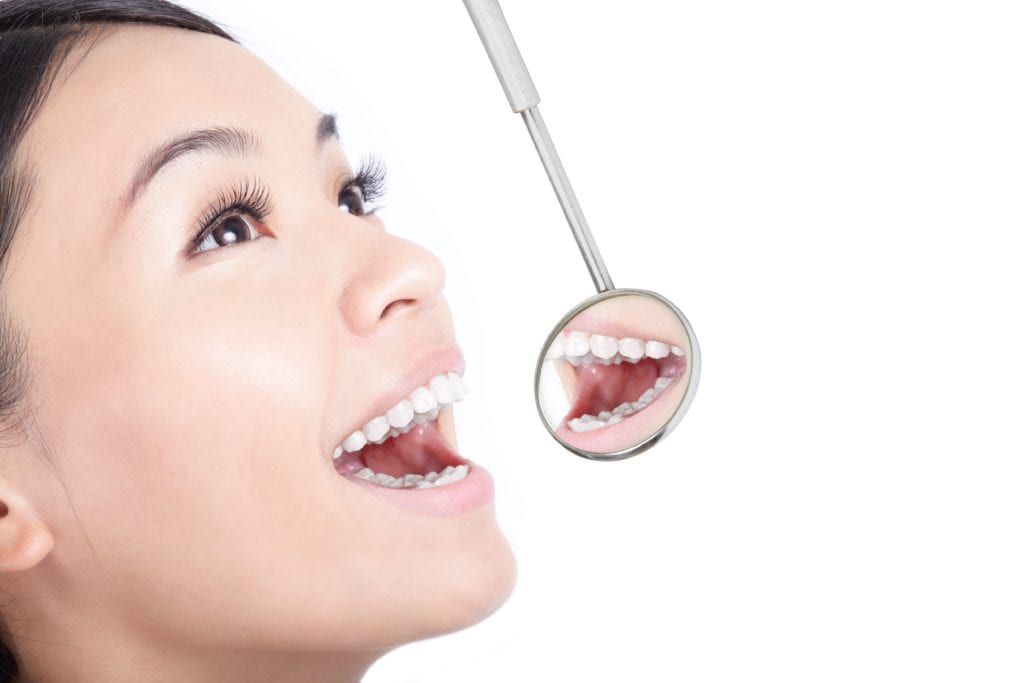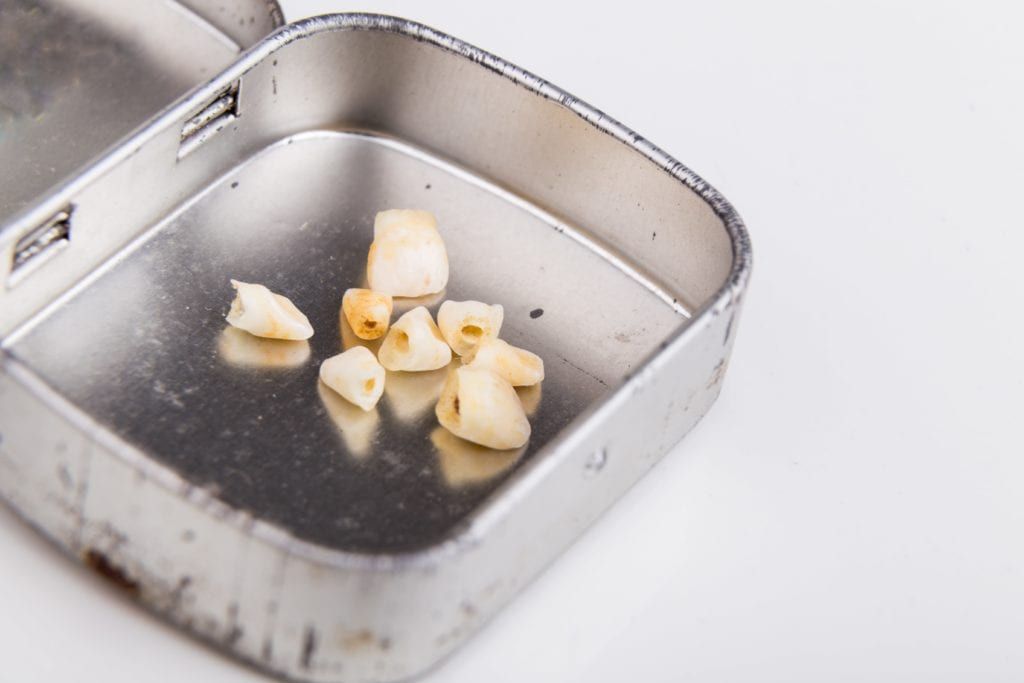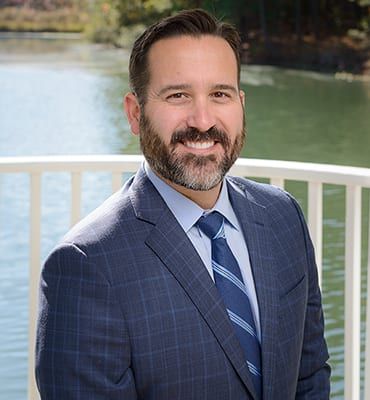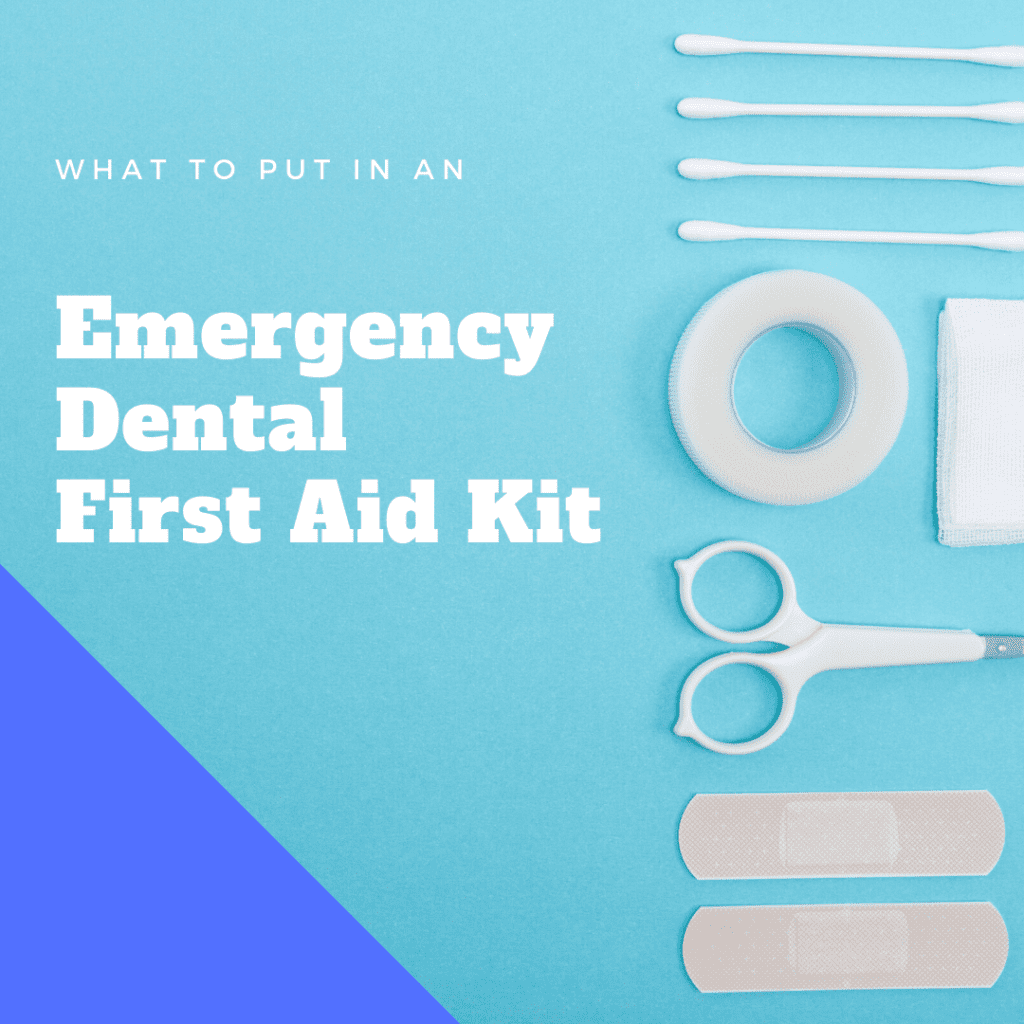Emergencies can happen at any time to anyone for any reason. This is the same when it comes to dental emergencies. Due to the unpredictability of an emergency occurring, many people keep medical first aid kits nearby in case of an emergency. Although these kits are never intended to replace emergency medical care, they have some basic necessary supplies to help manage an emergency until professional help can be obtained.
With that being said, it is also helpful to put together an emergency dental first aid kit to use in the case of a dental emergency. Some people create a seperate kit specifically for dental emergencies, while others opt to simply add a few dental items to their medical first aid kit. Both methods can work, as long as the kit is always stocked, organized, and accessible.
When putting together a dental first aid kit, the first thing you will need to figure out is what exactly goes into a dental first aid kit. To help you out with this, we have provided a brief guide on some essentials for your family’s dental first aid kit:
Gauze
This is something that you likely already have in your medical kit. For dental purposes, gauze can be used to control bleeding in soft tissue injuries or to help you hold the tongue if needed.
Tea Bag
Tea bags are also another great way to stop bleeding, especially after a tooth is lost. Not only do they taste better than gauze, but the tannins in tea constrict blood vessels to help control the bleeding.
Gloves
This is also something that is likely in your medical kit. Gloves should be used when proper hand washing is not available or when you are reaching into someone else’s mouth. They simply help to keep things more sanitary and prevent infection.
Dental Mirror

Dental mirrors make it much easier to see places in the mouth that would otherwise not be visible. This can come in handy for locating chips, cracks, or lodged pieces of food. To make things easier, a lighted dental mirror provides better visualization. However, using a small flashlight can have a similar effect.
Tweezers
Tweezers can help you grab small pieces of things in your mouth, such as debris or restorations that have fallen off. However, tweezers should never be used to dislodge anything from between the teeth.
Floss
When something has become lodged between two teeth, dental floss is an effective way to remove it. In fact, floss is the only way you should attempt to remove it to prevent further injury.
Toothbrush
It never hurts to have an extra toothbrush on hand. Plus, if you have a restoration fall out, you will want to brush the tooth to make sure it is clean before you place any type of temporary replacement.
Temporary Dental Cement
Over the counter temporary dental cement helps to protect the exposed areas of your tooth until you can see an emergency dentist for treatment. It can also be used to hold a loose or missing dental crown in place. Please be advised that this is intended only for temporary use and is not a permanent solution.
Dental Wax
For people with braces, dental wax works wonderfully to prevent soft tissue irritation from brackets and wires. It can also be used to stabilize damaged areas until they can be fixed.
Small Container

In the case of a chipped or lost tooth, any tooth material must be placed in a small container so your dentist can evaluate it. They should be kept wet and should be stored in milk or water, so the container should be able to handle liquid.
Pain Management Options
Since dental emergencies can cause pain, it is helpful to have a variety of pain management options. This should include ice packs, oral anesthetic, and acetaphetamine or ibuprofen. It is recommended to avoid aspirin as it can cause excessive bleeding if an injury is present.

Dr. Michael C. Shuck received his Doctor of Dental Surgery (DDS) degree from the Medical College of Virginia, Cum Laude. He takes part in many volunteer outreach events, including Virginia’s Mission of Mercy project, Virginia Special Olympics, Give Kids a Smile, and the Jamaica Project. Dr. Shuck also is a regular volunteer at Williamsburg’s Olde Towne Medical Center. He actively participates with Virginia’s Donated Dental Service. Dr. Shuck has been a practicing dentist in the Williamsburg, Virginia area since 2007.


